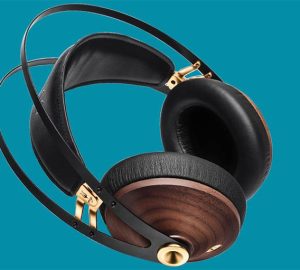Regular and Thorough Cleaning:
Keeping the replaced teeth clean is foundational to their care. Regular brushing, at least twice daily, and flossing are essential. It helps in preventing plaque build-up and infections, maintaining the integrity of the replacement and the health of the surrounding gums and teeth.
Use of Appropriate Oral Hygiene Products:
Utilizing oral hygiene products that are specifically recommended for replaced teeth is advisable. Fluoride toothpastes, antimicrobial mouthwashes, and interdental brushes can be particularly effective. Ensure that the products used are suitable for your specific type of replacement to avoid any adverse effects.
Regular Dental Check-ups:
Scheduling and adhering to regular dental check-ups is paramount. Professional cleanings and examinations allow for the timely identification and management of potential issues, ensuring the longevity of the replaced teeth. It facilitates proactive care, preventing complications and enhancing the durability of the replacement.
Mindful Eating Habits:
Adopting eating habits that are conducive to the health of the replaced teeth is essential. Avoiding overly hard, sticky, or chewy foods that may exert undue pressure or cause damage is advisable. Incorporating a balanced diet that supports overall oral health can also be beneficial.
Avoiding Harmful Habits:
Steering clear of habits that may be detrimental to the replaced teeth, such as smoking or using them as tools, is crucial. Such practices can compromise the integrity of the replacement and reduce its lifespan. Conscious avoidance of potentially harmful habits is instrumental in preserving the condition of the new teeth.
Optimizing Fluoride Exposure:
Ensuring that the replaced teeth have adequate exposure to fluoride can enhance their resilience. It can be achieved through the use of fluoride toothpastes and mouthwashes, as well as periodic professional applications as advised by the dentist.
Wearing Protective Gear when Necessary:
In situations where there’s a risk of injury to the mouth, such as during certain sports, wearing protective gear like mouthguards is advisable. It helps in safeguarding the replaced teeth from potential damage, contributing to their longevity.
Each of these strategies plays a vital role in optimizing the care and maintenance of newly replaced teeth. A conscientious approach towards these aspects can foster the longevity and functionality of the replacements, enhancing your oral health and satisfaction with the results. By embracing these practices, you can ensure that your new teeth remain a durable and valuable aspect of your oral well-being.




